Modeling your writing career after Stephen King may be a lofty goal, but there’s much you can learn from the master to hone your craft.
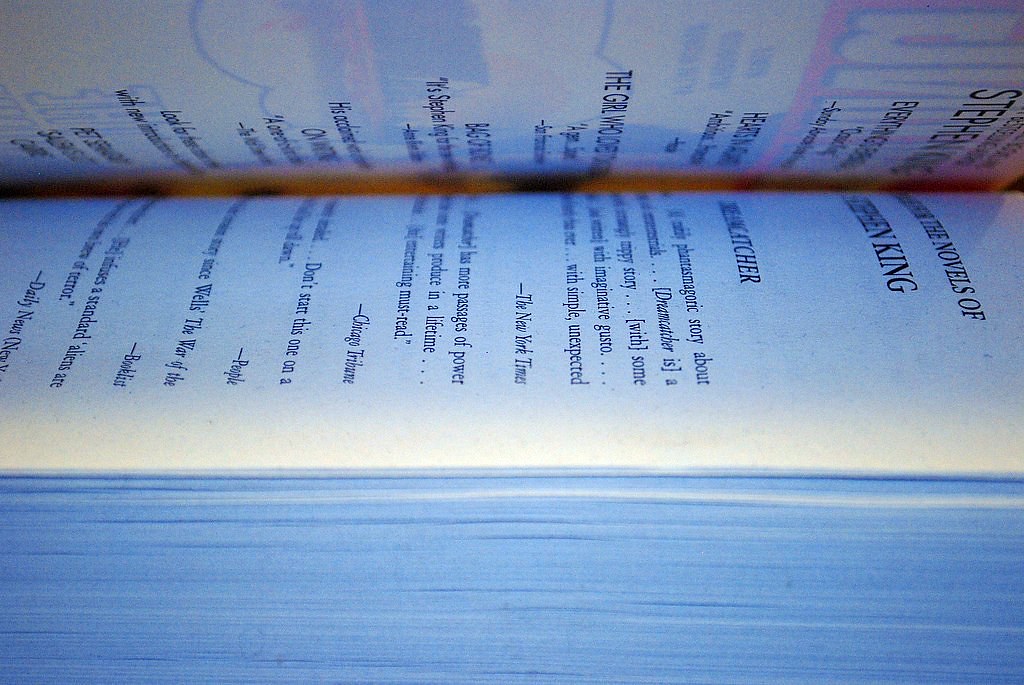
Most new writers in the horror genre are inspired by Stephen King and hope to be able to learn from his highly effective storytelling style. Even experienced writers revere how King can combine different devices to produce a mind-blowing work of literature. With an estimated 350 million books sold, few authors have impacted the horror genre the way he is. And he continues to publish best-sellers to add to his list of over 50 titles.
King owes a lot of his fame to his best-selling book The Shining. This beloved novel was influenced to a great extent by great popular literature like Edgar Allan Poe’s horror story The Masque of the Red Death. First published in 1977, it remains his top-selling novel of all time. It was also adapted for film in 1980, which resulted in one of the most important and celebrated genre films of all time.
King takes the art of the scary story to the next level. His writing style holds the reader in a tight position, delivering palpable tension and evoking powerful emotions. If you want to try to emulate some of his success and become an influential horror writer, we have some killer writing tips to help you stand out and get noticed.
1. Read, Read, Read

It’s such a simple piece of advice and one I’m sure you’ve heard many times before — including from King himself. In fact, Stephen King takes a book with him wherever he goes and even reads during meals.
“If you want to be a writer, you must do two things above all others: read a lot and write a lot,” he says.
As intuitive as this advice may seem, many writers ignore it. Writers want to write, and they often fail to take the time to study in-depth the writing of those they truly admire. Reading is the best way to get closer to the creative process of great writers like King. It helps you understand the use of different literary devices. There is no shortcut to it, unfortunately. Reading is part of your essential education as a writer. King even points out that you learn a lot from bad literary works, helping you avoid the same pitfalls in your writing.
Reading is the treadmill on which your book-writing skills are trained to attain maximum capacity. If you want to write like Stephen King, read every King book you can get your hands on. You might even consider a presentation writing service to help break down different novels for you in easy-to-digest slide format. This isn’t a substitute for reading great books, but it can help you quickly expand your knowledge base in a short period of time. A great PowerPoint writer will identify key ideas and different uses of literary tools that can further your education.
King is a very prolific writer, and you will need time to get through his extensive catalog. However, if you are looking to get started, here are some of the best we recommend:
- Carrie
- Christine
- The Dark Tower: The Gunslinger
- It
- Misery
- The Shining
- The Stand
- Pet Sematary
- The Mist
- The Green Mile
And if you already have a solid Stephen King foundation, these recent titles are also well worth a read:
- Fairy Tale
- Gwendy’s Final Task
- Later
- Red Screen
2. Character is King

What sets great writers apart from mediocre ones? It’s their ability to create compelling, memorable, relatable characters. Horror is so much more than just cheap scares and nightmare fuel. The best horror lingers by truly investing you in its characters and making you care about what happens to them, all while making them believable enough to imagine what it would be like to face the same terrors.
A writer like Stephen King deposits important information in the crafting of his or her characters. The characters serve as a psychological way of entering the writer’s mind. You should know what makes a character like Randall Flagg distinct from Carrie White or Paul Sheldon, Dolores Claiborne, or John Coffey. Observe the key differences between different characters. What motivates them? What defines heroism and villainy? Also, consider these characters’ development, backstories, uniqueness, and overall adaptability across different Stephen King novels.
Consider what draws you to certain characters. Think about how King gives the depth and nuance of his characters. What traits stand out? Why are your favorite characters so memorable? What qualities do filmmakers focus on when adapting certain characters for the screen?
Stephen King himself has gone on record with some of his own favorite characters he’s crafted over the years. And it’s no surprise that most of them happen to be audience favorites as well — like Annie Wilkes from Misery, Lisey Landon from Lisey’s Story, Eddie Dean from The Dark Tower, and Riche Tozier from IT. While you most certainly have your own favorites, these characters, near and dear to the author’s heart, are a great place to begin studying and learning from what makes them so indelible.
3. Borrow From the Best
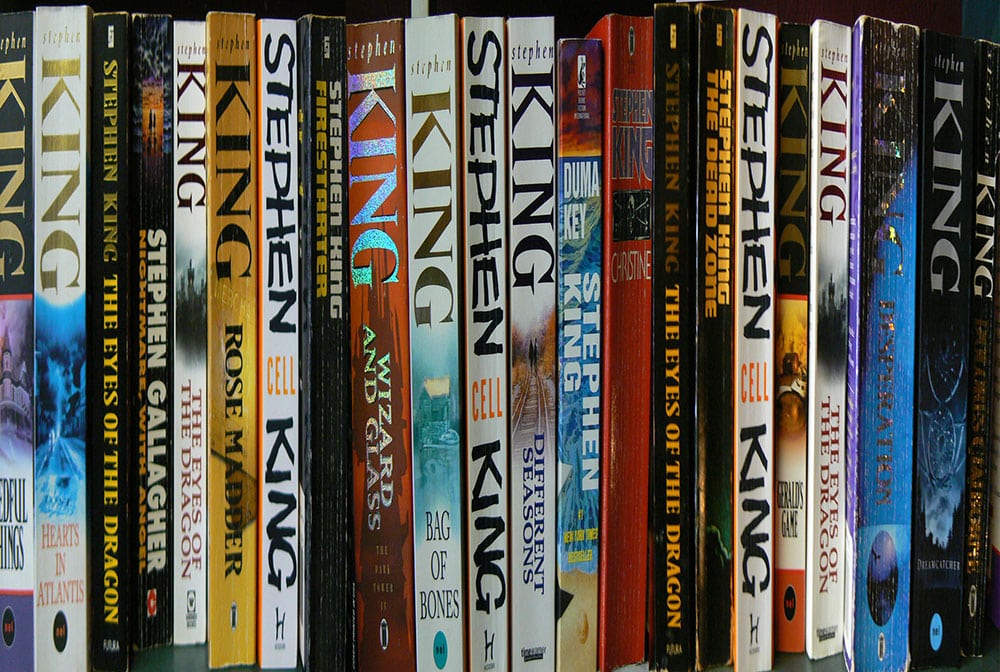
While it’s important to develop your own unique voice and find a way to differentiate yourself from others, always remember good artists copy, there’s no shame in it. In fact, it’s encouraged. There’s a good reason why our #1 tip was to read what others are writing so you can learn what to infuse into your own writing style. Having a blueprint from which you can draw references is important.
Experiment with Stephen King’s foreshadowing method that creates such thrilling tension and suspense. Be generous with your words, but always keep it simple. One of the hardest skills for young writers to learn is how to edit their writing and trim the fat. It’s the same for aspiring filmmakers who struggle to leave great work on the cutting room floor. Learn and embrace the phrase, “Kill your darlings.” Don’t get so attached to your own words that you forego clarity, pacing, and captivating storytelling for style points.
(Hemingway is a great desktop and mobile tool that can help you simplify your writing and ensure maximum readability.)
Ensure your style has a spellbinding effect, holding readers captive in the alluring unfolding of the story. As we mentioned in tip #2, give your characters souls. Make them as real as possible, and use flashbacks and foreshadowing to create a broader sense of dimension.
Imitating does not mean copying; that is plagiarism. You could suffer a lawsuit or risk being labeled as a derivative hack. So be careful. Draw inspiration from wherever you can, and imitate but do not copy.
4. Write Every Day

The popular saying goes, “practice makes perfect”. The more you write, the better you become. Regular practice shapes your skill. Stephen writes ten pages daily, which is about 2000 words. In a month, he writes an average of 18000 words. This shows that even professionals put in daily practice. And it’s far better to be consistent with a truly manageable goal, meaning you can make great progress even if your time is limited.
You can make a simple timetable that will help make the process less demanding. You could get a notepad or download a notepad app on your mobile device. There are also some great online and mobile tools that offer writing prompts and other helpful resources if you find yourself in a creative rut or facing writer’s block. The important thing is not to be perfect. There will be plenty of time for editing and refining. In the beginning, the most important thing is to put words on paper and force yourself to write even when you might not feel like it.
You also don’t need to feel like you have to write as much as King. If 500 words is a more manageable and realistic goal for you, that’s an absolutely perfect starting point. Don’t wait for inspiration to strike. Don’t wait for the timing to be right, or the mood, or the mental clarity.
Writing is work, and it takes commitment. Think of it like physical exercise. You may not always want to hit the gym, but you do it because it keeps you healthy, makes you stronger, and gives you amazing results if you keep at it.
5. Do It For the Love

Of course, writing is a skill and a talent. It requires hard work and commitment. And you need both a strong voice and a great grasp of the technical aspects (grammar, sentence structure, etc.). But that alone isn’t enough, and it isn’t what makes some writers like Stephen King truly great.
The real secret sauce is passion. You have to love what you do, and that love will come through in your writing. While you should be prepared to do your research and commit to daily writing practice, don’t forget to enjoy the process.
The late Steve Jobs, visionary and former Apple CEO, stated, “The only way to do great work is to love what you do”. If you don’t have fun writing, it’s not very likely your audience will have fun reading your work. If it starts feeling like a chore, find new ways to keep yourself motivated and inspired. Integrate different tools to make the process more fun.
Some great apps can help add color to the creative process. Some of our favorites are the game-based app Writing Challenge, Plot Generator, The Brainstormer, Oflow, and Stellar.
You may also want to find a writing partner or an online writing community that can help make the process feel less lonely and isolating. Having a community of like-minded individuals to bounce ideas off of, share work with, and get motivation and inspiration from is a real game changer.


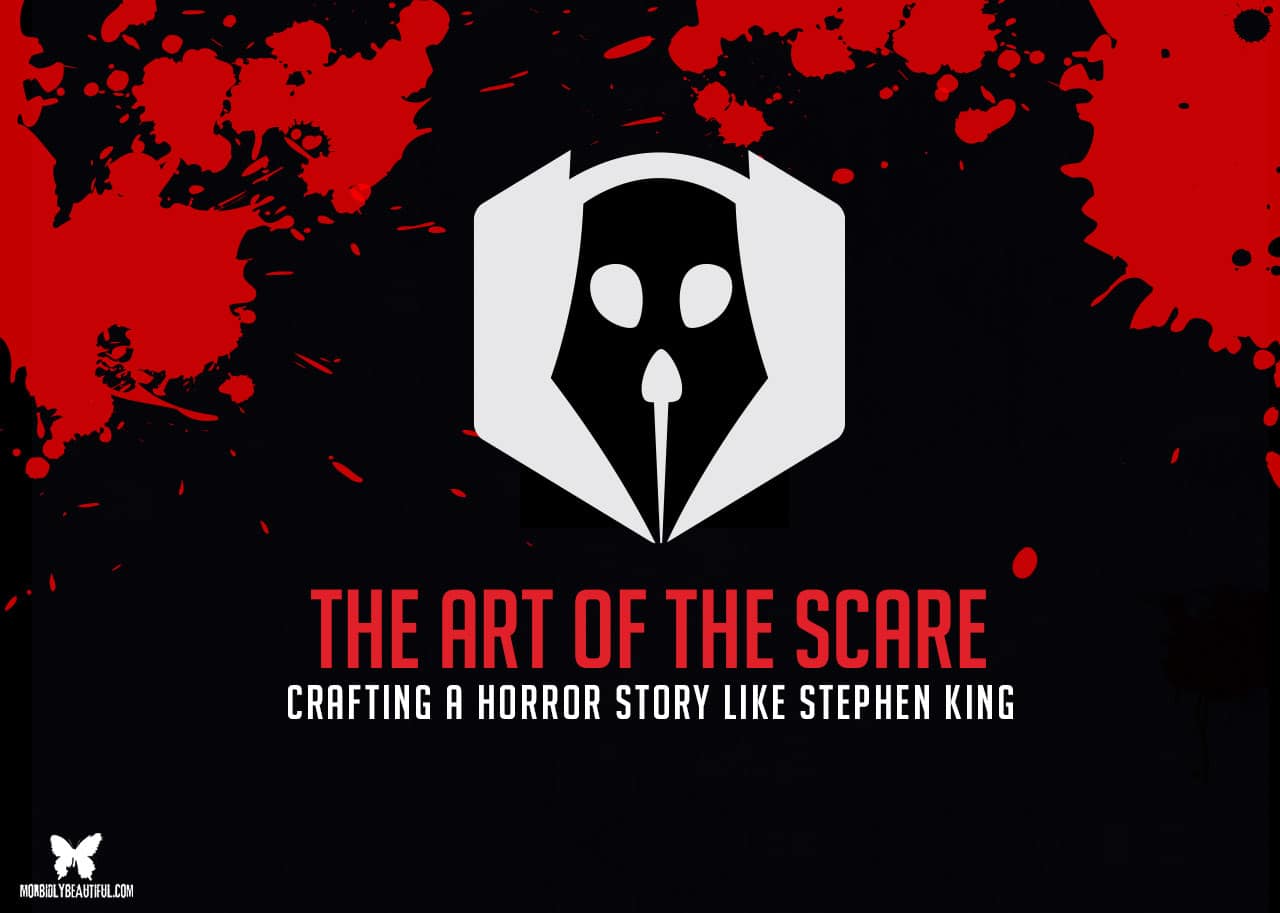
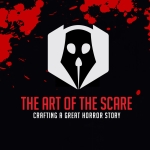


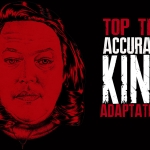


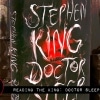
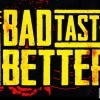
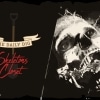


Follow Us!